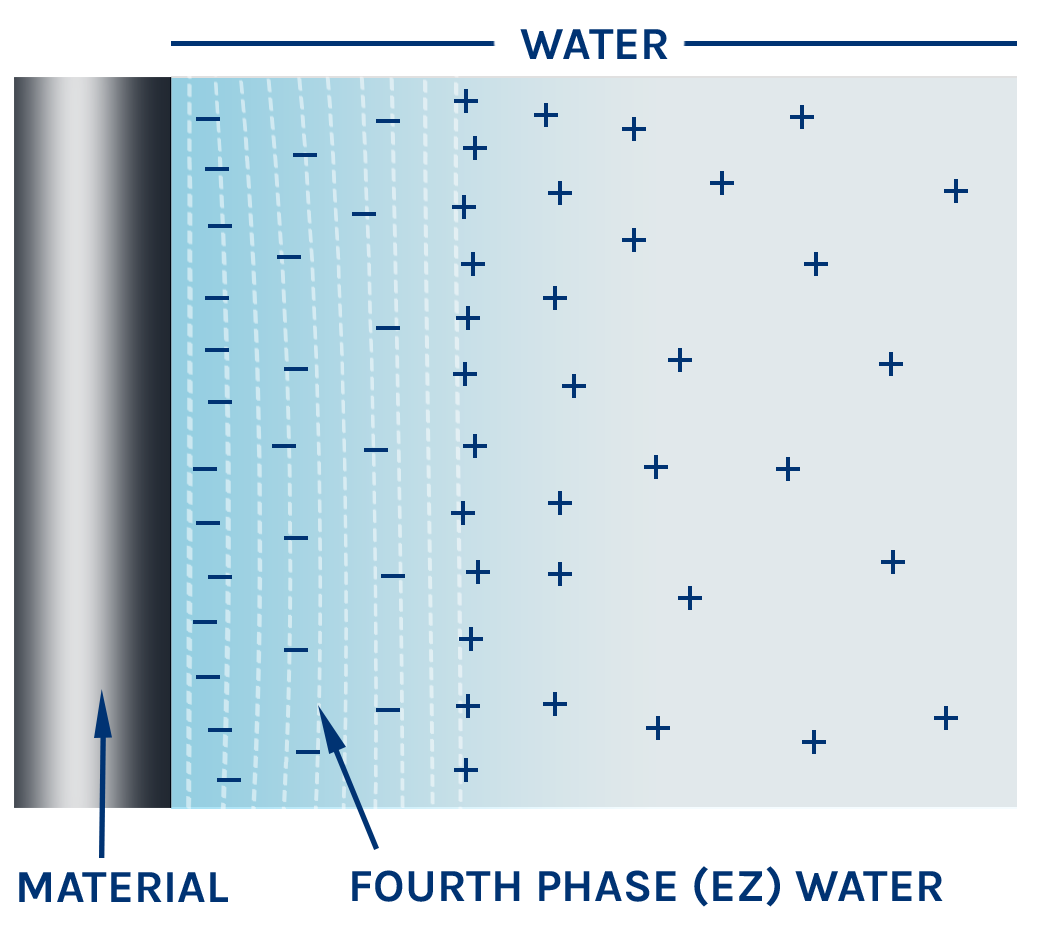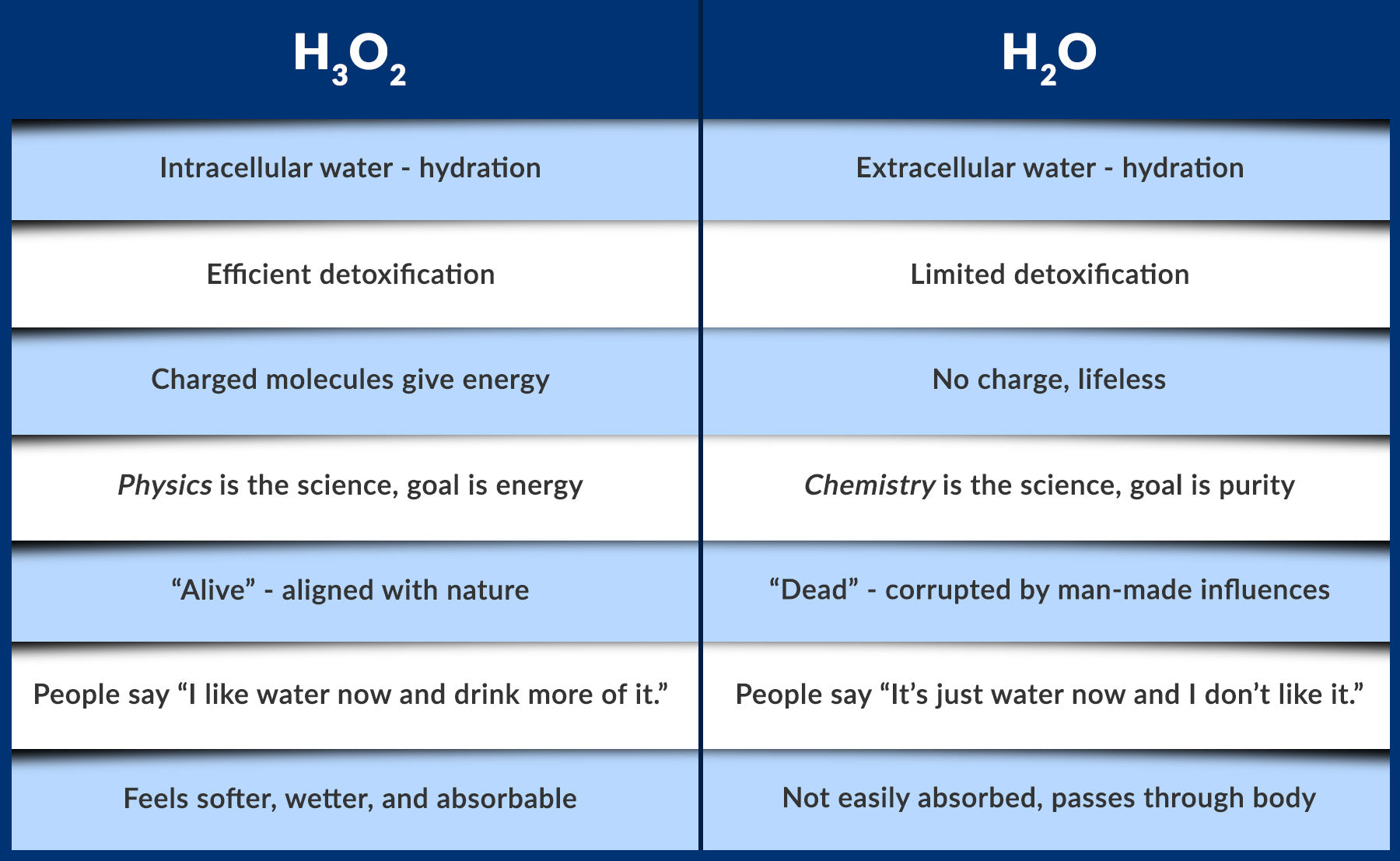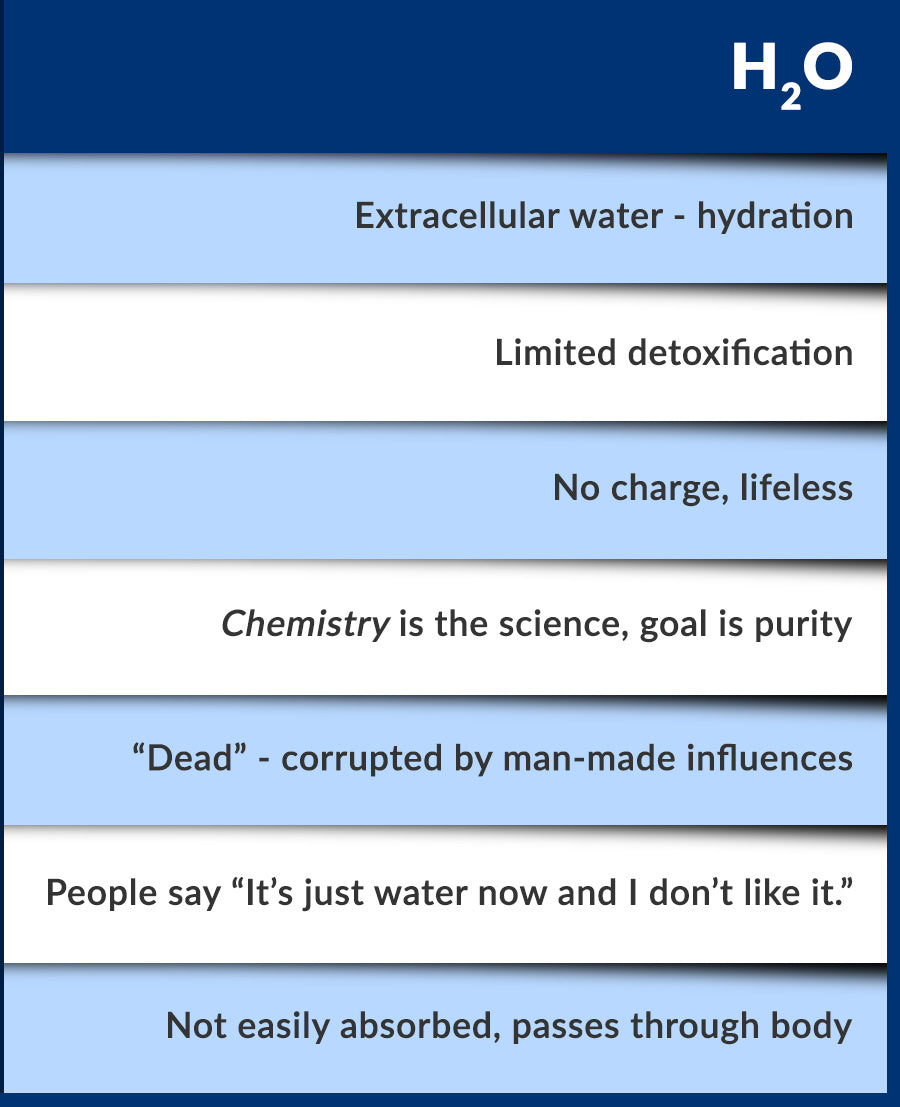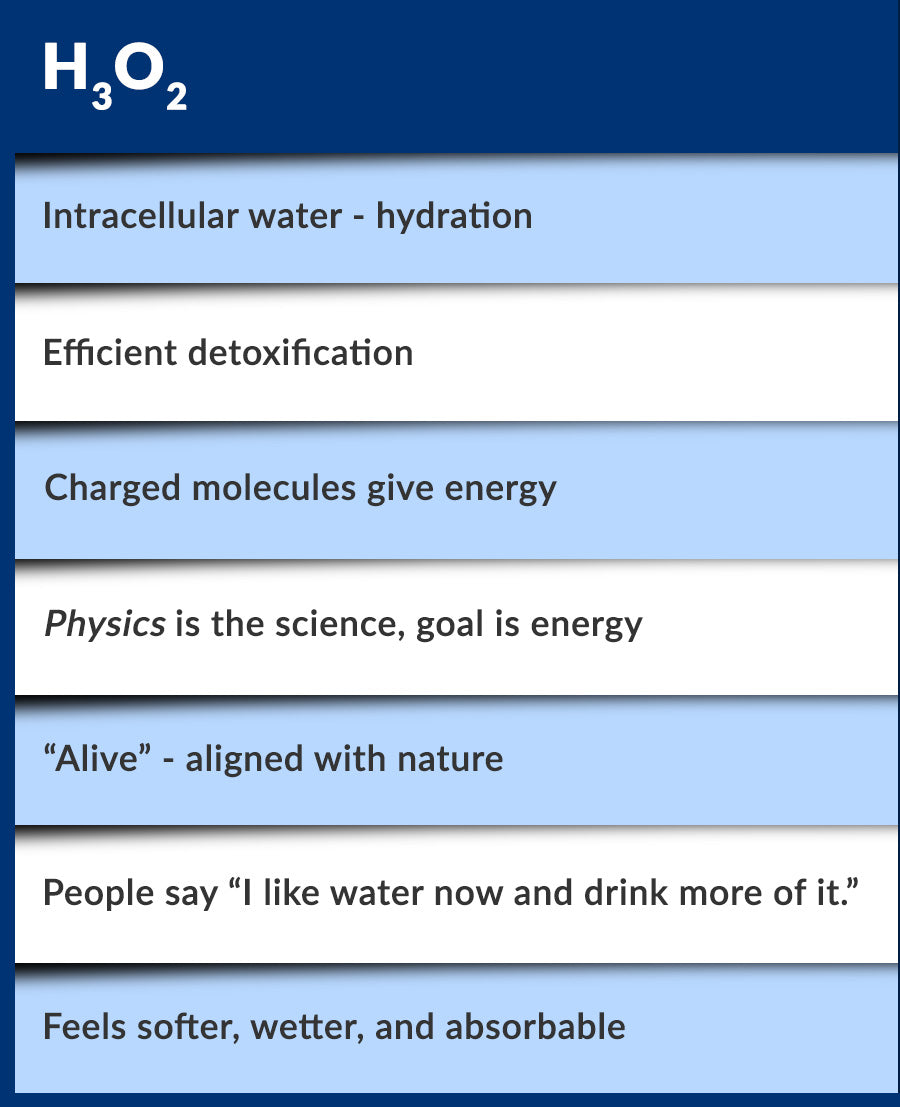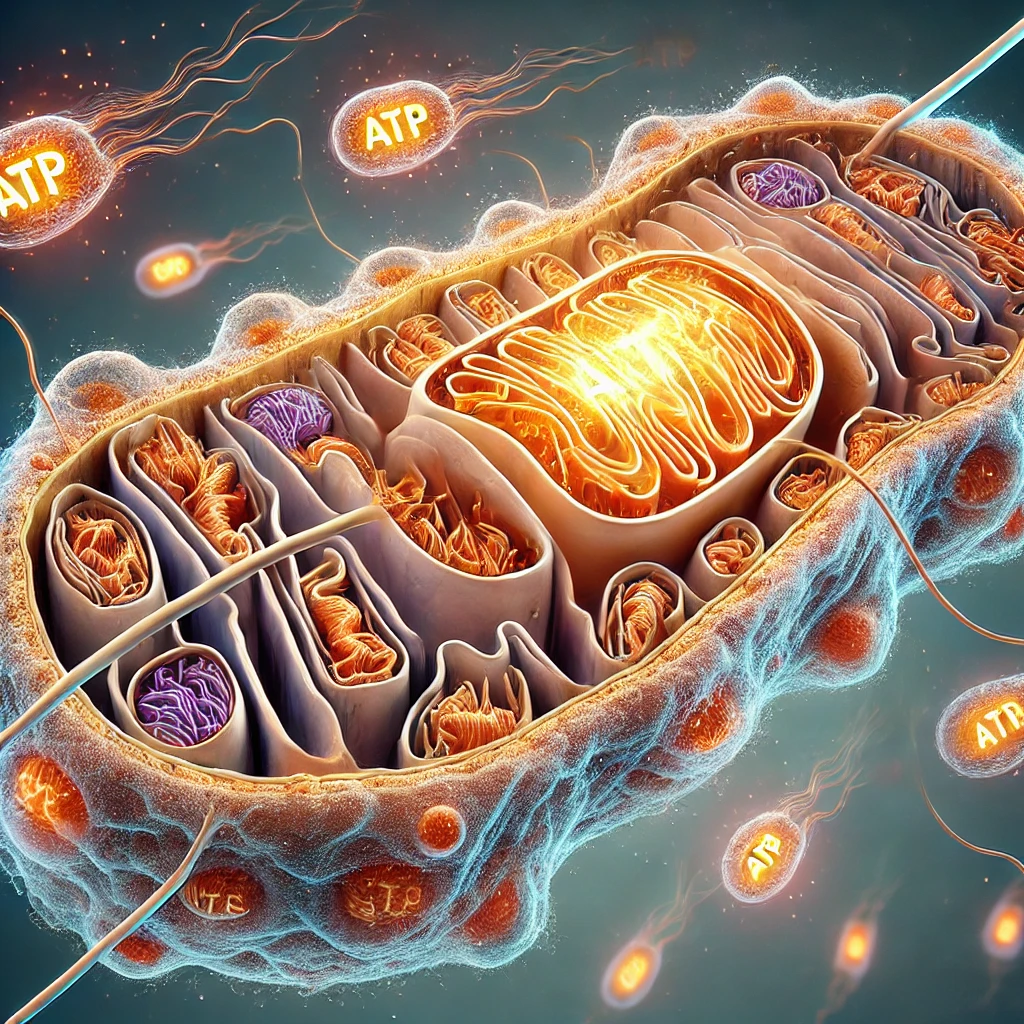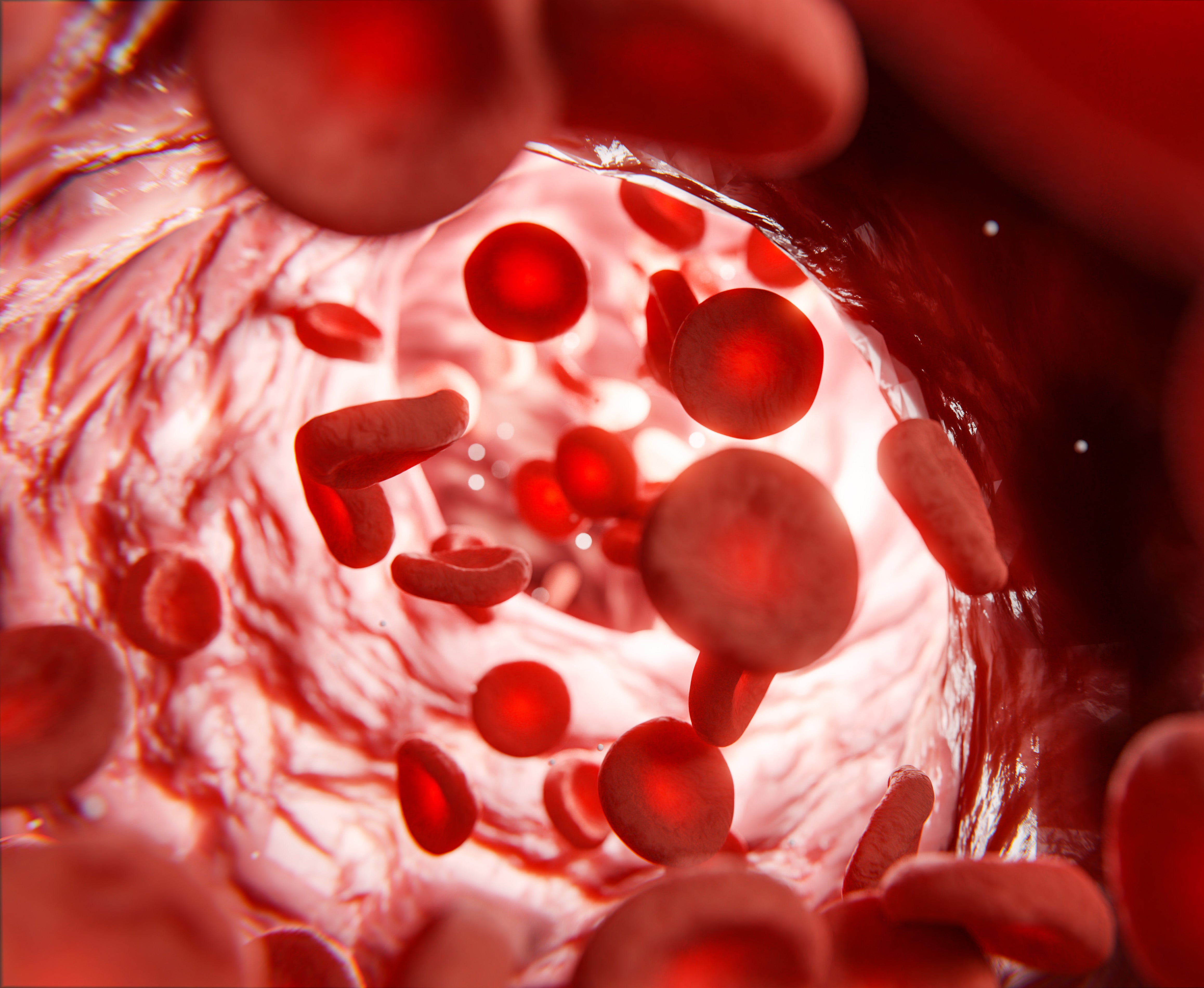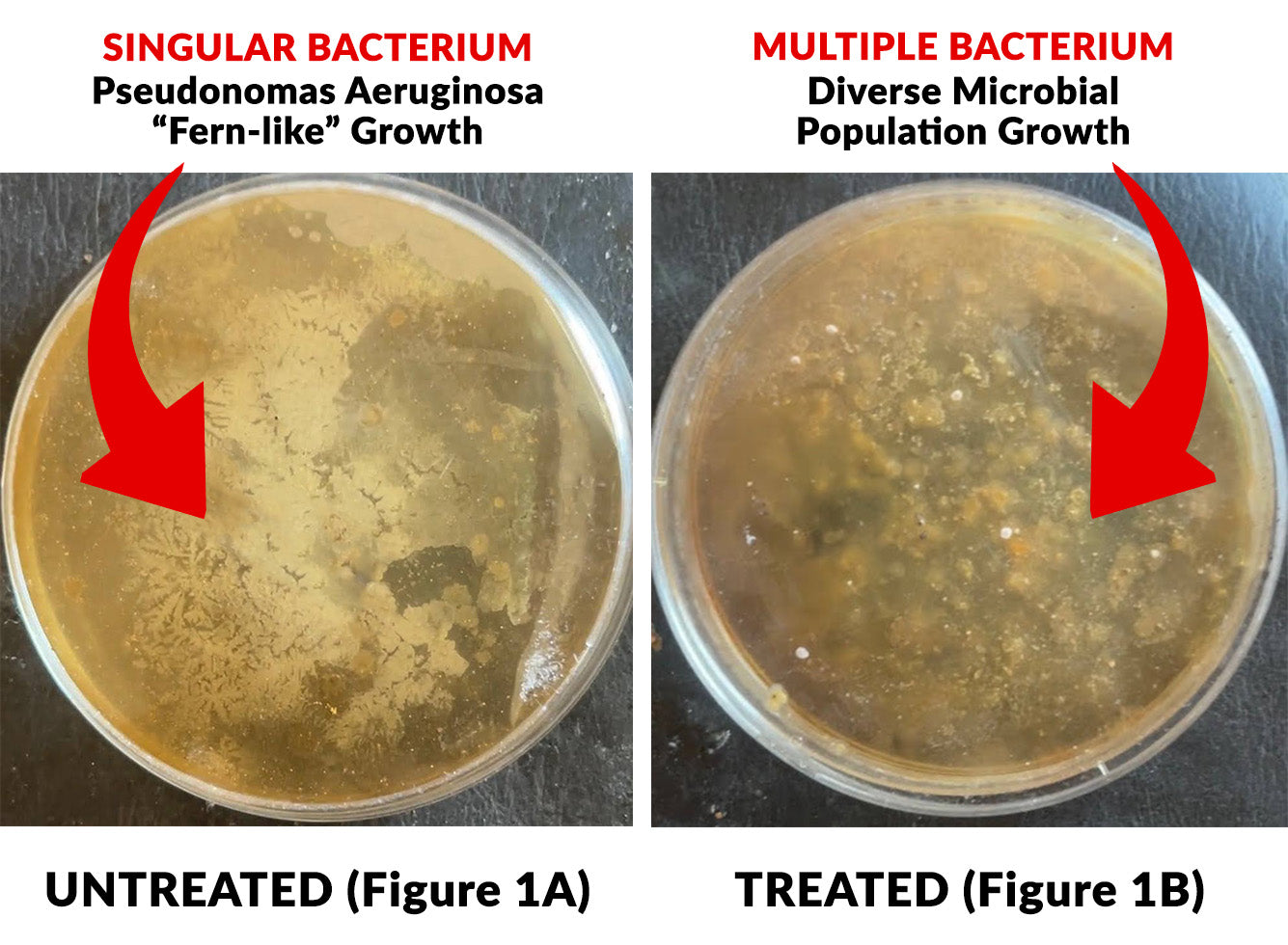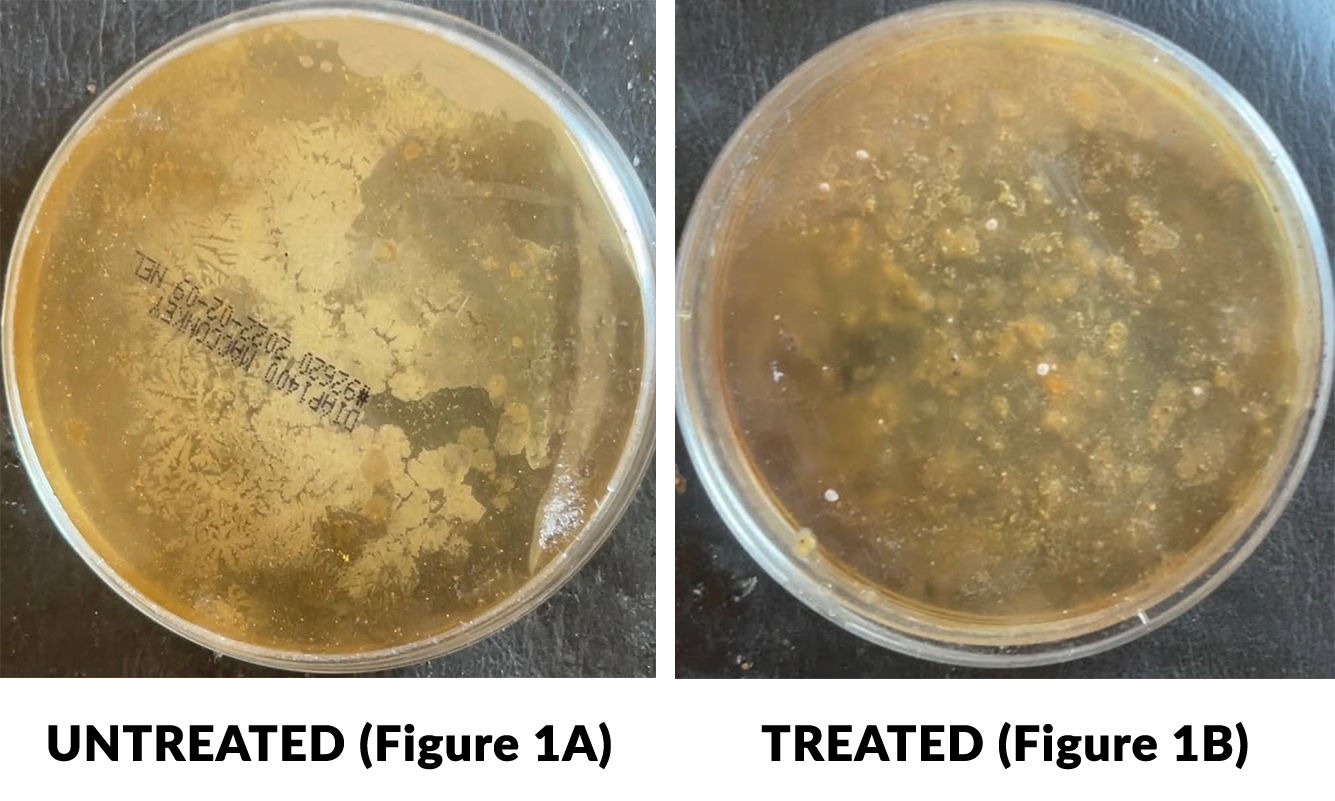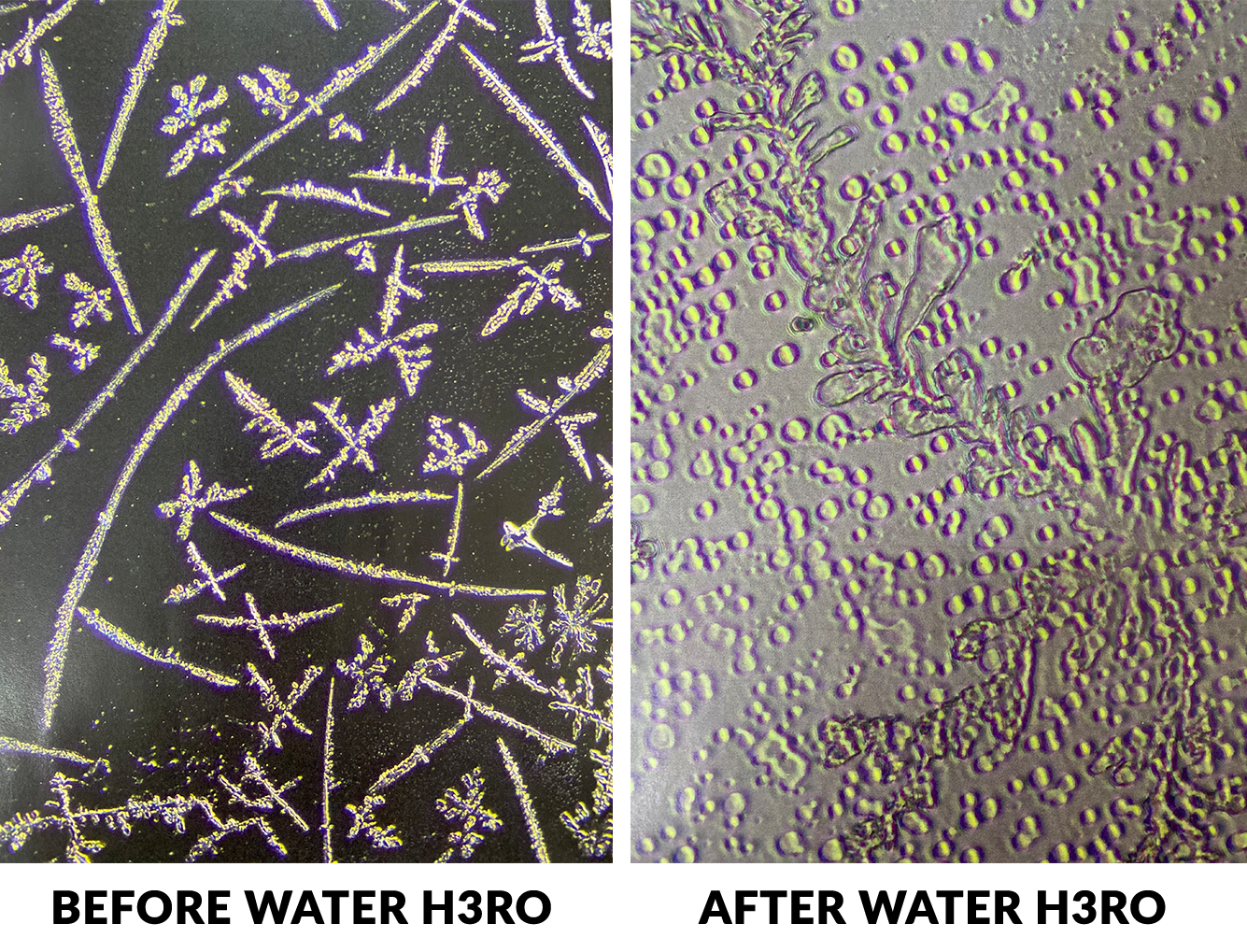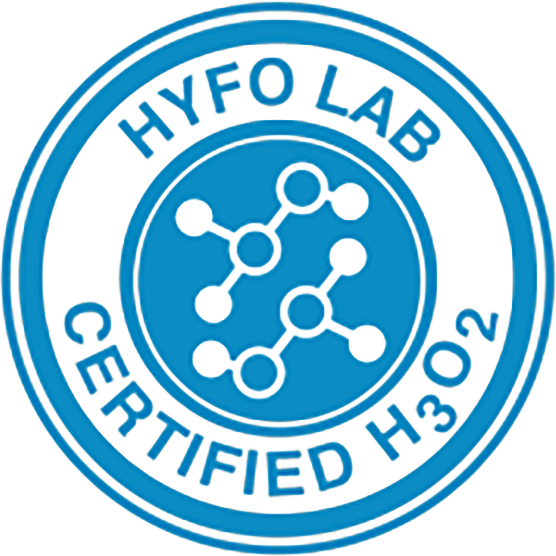Science on the effects of structured water in humans
There currently is not a lot of official scientific data on structured water. It makes it more difficult that what we call structured water goes by many names, and depending on the method used, may have
different properties. EZ water, hexagonal water, gel water,
vortexed water, coherent water, 4th phase of water, all
trying to describe the same thing.
What our device does is change the structure of the water from H20, to
H3O2 as confirmed by HyFo labs, the first such device to be certified
by the lab. The HyFo Lab testing protocol is based on, and inspired
by the Pollack Lab founded by Dr. Gerald Pollack, a leader in the
study of structured water.
The results of a study on the effects of structured water on
humans indicated several findings:
Body Composition: The experimental group showed a
statistically significant decrease in total body weight,
specifically due to a decrease in fat mass. No significant changes
were observed in the control group.
Blood Analysis: Both groups showed an increase in the mean
concentration of hemoglobin in erythrocytes, indicating an
improvement in water-salt metabolism. The experimental group also
exhibited a significant decrease in creatinine levels and an
increase in glomerular filtration, suggesting improved kidney
function and a decrease in endogenous intoxication. The control
group did not show such changes.
Psychological Status: While there was a clear trend of
improvement in health, activity, and mood in the experimental group
and a decrease in health and mood in the control group, these
changes were not statistically significant.
Heart Rate Variability (HRV): The experimental group
demonstrated positive changes in HRV parameters reflecting increased
parasympathetic activity, variability of heart rhythm, and decreased
sympathetic regulation and centralization of heart rhythm. These
changes indicated improved respiratory and cardiovascular system
functioning, increased adaptive and energetic potential, and better
recovery after physical exertion. In contrast, the control group
exhibited negative changes in HRV parameters, suggesting increased
sympathetic activity and decreased adaptive capacity.
Bio-Well GDV: The experimental group showed improvements in
Bio-Well GDV parameters related to stress levels, sympathetic
activity, and organ balance. These changes indicated enhanced
adaptive and energetic potential and recovery after physical
exertion. The control group exhibited negative changes in these
parameters.
The study concluded that consuming structured water,
structured using the Amezcua Bio Disc 3 product, for one liter per
day over a one-month period, contributed to reductions in body fat
mass, improvements in water-salt metabolism, kidney excretory
function, and endogenous intoxication levels. Furthermore, it led to
increased adaptive and stress response capacity and reserve capacity,
even during adverse seasonal, climatic, and epidemiological periods.
G Korotkov, Konstantin, et al. “Influence of Drinking Structured
Water to Human Psychophysiology.” Journal of Applied
Biotechnology & Bioengineering, vol. 6, no. 4, 2019, pp.
171–177, https://doi.org/10.15406/jabb.2019.06.00190.
Science on the effects of structured water on plants and animals
A study conducted by Konstantin Korotkov focused on investigating
structured water and its biological effects on mainly animals and
plants, but also human cells. The study employed various experimental
methods to examine the effects of structured water on different
biological aspects. These included analyzing the impact on plants,
animals, and human cells. The researchers observed changes in growth,
vitality, and other parameters to assess the biological response to
structured water.
The findings indicated that structured water had several positive effects
on biological systems. Plants exposed to structured water exhibited
enhanced growth, increased resistance to stressors, and improved
nutrient uptake. Animals showed improved vitality, immunity, and
reproductive capabilities when consuming structured water.
Additionally, human cells displayed enhanced hydration, metabolism,
and overall cellular functioning when exposed to structured water.
The study suggested that structured water possesses unique properties
that positively influence living organisms. The findings have
implications for various fields, including agriculture, health, and
environmental sciences.
Korotkov K. Study of structured water and its biological effects. Int J
Complement Alt Med. 2019;12(5):168-172
DOI: 10.15406/ijcam.2019.12.00468
Several studies have investigated the effects of structured water on animal
growth and development. Positive effects have been reported in
animals such as cattle, sheep, goats, rodents, rabbits, poultry, and
fish. These effects include increased weight gain, improved feed
conversion, enhanced rumen microbial populations, increased nutrient
absorption, and improved milk yield and composition. However, some
studies have also reported adverse effects, usually associated with
prolonged or excessively intense magnetic treatment.
In conclusion, structured water shows promise in improving animal
growth and productivity in agricultural settings. While there is
still much to learn about the mechanisms and effects of structured
water, the existing research highlights the potential benefits of
this understudied area. Further research is needed to fully
understand the underlying processes and optimize the use of
structured water in biological systems.
The summarized study findings indicate that drinking structured water
(structured water) treated with magnetic fields can have various
effects on blood hematology, biochemistry, reproduction,
antioxidant/immune status, serum lipid profile, glycemic responses,
and other biological processes. Here are the key findings from the
studies:
Blood Hematology and Biochemistry:
Some studies on cows, goats, sheep, and rabbits reported
significant changes in blood parameters such as base excess,
bicarbonate concentration, osmolality, PCO2, arterial pH, venous
oxygen saturation, blood urea, without affecting serum glucose and
ion concentrations.
Thoroughbred racehorses drinking structured water showed no
effect on hematology or serum biochemistry.
Reproduction:
Drinking structured water showed positive effects on
reproduction in rabbits, mice, and chicken hens, including increased
corpus lutea, improved implantation, litter size, and semen quality,
as well as increased egg production, weight, and shell thickness.
Blood Antioxidant/Immune Status:
Consumption of structured water led to increased serum
glutathione concentration, total antioxidant capacity, and antibody
titer, while reducing markers of oxidant stress.
It also resulted in decreased DNA damage and improved immune
responses in various animal studies.
Serum Lipid Profile:
Drinking structured water resulted in beneficial effects on
the serum lipid profile, including reductions in triacylglycerol and
very low-density lipoprotein (VLDL) concentrations, and increases in
high-density lipoproteins (HDL).
Structured water consumption also lowered total serum
cholesterol and triglyceride concentrations and increased HDL in
Japanese quail.
Glycemic Responses and Type 2 Diabetes:
Structured water consumption showed reductions in blood
glucose levels in mice, Japanese quail, and rats with induced type 2
diabetes.
It also prevented an increase in plasma triglycerides in
diabetic rats and had beneficial effects on insulin expression and
glycated hemoglobin concentrations.
Other Biological Effects:
Structured water consumption showed effects on bone mineral
content and density, improved upper airway health in racehorses, and
increased structured waterim duration in mice.
Some studies indicated lymphoid hyperplasia in lung and
spleen tissues, but no gross or histological effects on the heart.
These findings suggest that structured water consumption can have
a wide range of beneficial effects on various physiological processes
in animals.
Michael I Lindinger, Structured water: effects on animals, Journal
of Animal Science,
Volume 99, Issue 5, May 2021,
skab063, https://doi.org/10.1093/jas/skab063
Science on how the Water Hero works
The currently theory of operation is described by its inventor Joseph Johnson as Sonic Oxidation State Organization, Or SoSo.
“As water flows through the water hero, the resulting change in
temperature causes the side walls of the unit to either expand or
contract. The engineering of the housing results in compression of
the piezoelectric crystals within, inducing oscillation, generating
an electromagnetic field, and electromotive induction of standing
sonic waves within the dielectric housing of the device. The
engineering of the device causes the standing waves and
electromagnetic fields form into 2 interwoven 3 dimensional mesh. One
which repels the paramagnetic field of elements possessing a
paramagnetic oxidation state such as oxygen, while attracting
dielectric fields of hydrogen.
If you examine the periodic table of elements you will see that hydrogen
is on both sides of the table. This is due to the fact that depending
on the presence of electrons in its outer shell, it can donate an
electron becoming paramagnetic, or accept an electron and become a
dielectric. Like hydrogen, all the other elements may be forced to
change their oxidation state to flow through this grid., As the water
travels through these fields, it and any solute is forced through
this grid and effectively pressed through what is best described as a
molecular mold, reorganizing the intermolecular forces between and
dictating the bond angle of every traversing element.
By changing the bond angles of the water itself, the oxidation state of
all elements in contact with the water are effected and “encouraged”
to undergo a redox reaction which will either bring their bonding
angles into alignment with the new structure or render them insoluble
forcing them to drop out of solution. It is by this mechanism that a
host of toxic salts and compounds are removed; thereafter, being
prevented from re-dissolving back into the water.”
-Joseph Johnson























